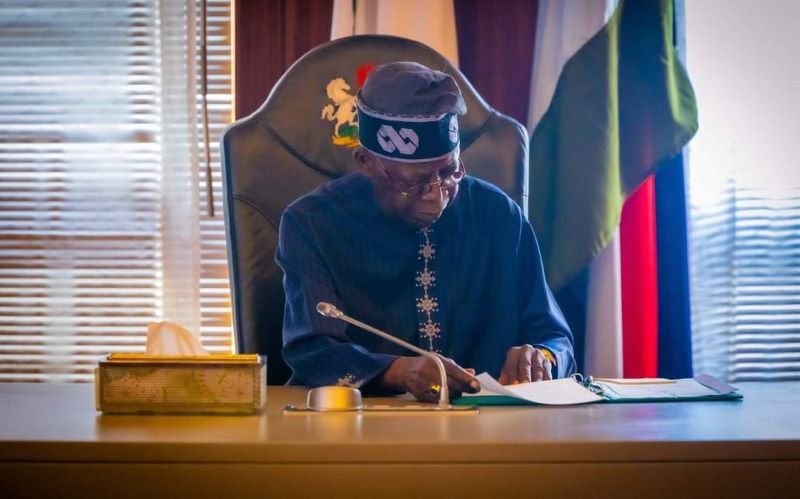THE Presidency has announced that Nigeria’s non-oil revenues grew by 40.5 per cent to ₦20.59 trillion between January and August 2025, marking what it described as the strongest fiscal performance in recent history.
A statement issued on Wednesday by the Special Adviser to the President on Information and Strategy, Bayo Onanuga made available to News Point Nigeria, revealed that collections rose from ₦14.6 trillion recorded in the same period of 2024 to ₦20.59 trillion this year, powered largely by fiscal reforms, stronger tax compliance, and digitised revenue systems.
The statement, titled “Nigeria’s Non-oil Revenues Power Strongest Fiscal Performance In Recent History”, stressed that oil is no longer the country’s dominant revenue source.
“Nigeria’s fiscal foundations are being reshaped. For the first time in decades, oil is no longer the dominant driver of government revenue,” Onanuga said.
Of the total revenues, ₦15.69 trillion was generated from non-oil sources, accounting for three out of every four naira earned by the government.
The Nigeria Customs Service collected ₦3.68 trillion in the first half of 2025, exceeding its target by ₦390 billion. The Presidency said this reflected “systemic changes, not one-off windfalls.”
Officials credited the gains to structural reforms such as digitised tax filings, improved enforcement, and Customs automation. While inflation and exchange rate adjustments contributed, the Presidency insisted the growth was “primarily reform-led.”
The surge in revenues has also boosted allocations to states and local governments. For the first time, monthly allocations to Nigeria’s 36 states and 774 local councils exceeded ₦2 trillion in July, strengthening fiscal capacity at the sub-national level.
The Presidency noted that this fiscal space would allow state governments to expand investments in infrastructure, agriculture, education, healthcare, and social services, in line with President Bola Tinubu’s inclusive growth agenda.
“Resources are being directed closer to the people,” the statement read, while stressing that more work still lies ahead to meet higher ambitions in social spending.
President Tinubu, who hosted a delegation of the Buhari Organisation at the State House on Sunday, pointed to the revenue surge as proof of improving public finance.
He said the Federal Government had stopped borrowing from local banks, which he noted was easing pressure on the domestic credit market and enabling more funds to flow into private sector activities.
Despite the upbeat non-oil performance, the Presidency admitted that oil-related revenues remain under pressure due to low crude prices and unmet production targets, which have weighed on overall fiscal performance.
Nonetheless, it maintained that the trajectory of non-oil revenue growth remains intact and is reshaping Nigeria’s financial structure.
“Revenues are rising, the base is broadening, and reforms are working. The priority is translating these numbers into real relief for citizens putting food on the table, creating jobs for young people, and investing in roads, schools, and hospitals,” the statement concluded.







